How to Talk so your Toddler Will Listen
Years ago when one of my sons was younger we had a problem. Every single Sunday we would iron his shirt before church, help him put it on, then tell him not to wrinkle it up. Without fail, within a few minutes he was rolling around on the floor. It was seriously like he was TRYING to wrinkle the shirt.
After many time-outs and lots of firm talks about what we expected, we were at a loss.
Finally, one day after another wrestling match with the floor I lost it. “Why won’t you listen when I tell you to do something? I TOLD you not to wrinkle your shirt. Promise me you won’t wrinkle your shirt next time.”
My son looked at me, tilted his head a bit and said, “OK.” Then after a pause, “but Mommy, what does wrinkled mean?”
We weren’t having an obedience problem. We were having a communication problem.
Talking to toddlers requires a bit of . . . creativity. And a lot of patience. If you want to up your chances that your toddler will actually listen to you, there are a few things you need to remember:
Be Clear About What you Expect
You can’t tell a toddler to go clean up. They just aren’t wired like that. Telling a toddler to go clean up is just asking for a tantrum. Instead, tell your toddler exactly what you’d like him to do. Say, “I need you to put your toy cars in the box and put the box on the shelf.”
Try to avoid giving too many instructions at a time or your toddler will probably get overwhelmed (wouldn’t you?). Instead feed your toddler a few tasks at a time. You can still ask for all the jobs to be done, just not all at once.
Get on your Toddler’s Level
Eye contact is gold when you have a toddler. If you can get a toddler to look you in the eye he will pretty much do anything you ask him to do. You’ll need to get down on your toddler’s level to get really great eye contact though. Get down on the floor. Tell your toddler to look at you. You may have to say this a few times. If you have to, take your toddlers face in your hands and turn his head until he is looking at you. Only start speaking when you have eye contact. Anything you say before your toddler makes eye contact with you WILL. NOT. BE. HEARD.
Practice Mirroring
One of the best ways to make sure someone will listen to you is to mirror back their own thoughts and emotions in your responses. For example, if your toddler is throwing a fit and saying she doesn’t want to go to bed, you could say “You don’t want to go to bed. Going to bed is no fun.”
You’ve got your toddler’s attention now.
Now you can add in, “Your body needs rest so you can have a fun day tomorrow. I know it isn’t fun but you’ll feel better if you rest.”
By giving words to your toddler’s emotions and paraphrasing the things she has told you already, you show that you are listening and communicate that you care.
Provide Options
Toddlers like to be in control. They tend to push back if you just start bossing them around. If you give them options, suddenly they feel like they are in control. For a toddler who won’t eat dinner you could ask, “Which vegetable would you like? Carrots or broccoli?”
It’s amazing the power a simple question can have. You’ve given some control back to your toddler and a lot of times that is enough to make them forget what they were angry about and work with you instead of against you. . . and it’s WAY easier to have a toddler work with you.
Communicating with a toddler is more of an art than a science. Having daughters after 3 boys has been an experience for me. Girls communicate completely differently than boys do.
Use Few Words
As far as language development goes, I’m all for talking to your kids as often as possible using as many words as possible. When you need your toddler to listen to you though, that is a different story. When you need your toddler to listen, use fewer words and speak them slowly and clearly. Toddler’s are smart. They are so smart they are going to try and process as much of what you are saying as possible. In the meantime, the message you actually need to communicate is going to get lost in the process.
Few words. Speak clearly. You can talk up a storm when you don’t have anything immediate that you need to communicate to your toddler. When you need your toddler to listen, cut right to the chase.
Talk Silly
Have you ever notice that when you start talking in a silly voice your toddler drops everything to listen to you? The silly voice draws toddlers in. You probably don’t want to use this technique if you need to talk about anything serious but it works great for stuff like “Let’s go clean your room”.
Stop Yelling
Are you in the habit of yelling? If you are, your toddler is probably tuning out 99.9% of what you are saying. Get out of the habit of yelling that way when there is something urgent, your toddler will stop and listen immediately when you raise your voice. This is an especially important trick to have up your sleeve if your toddler does something unsafe like run in front of a car. When something like that happens, you want your toddler to pay attention to your raising your voice immediately so don’t overuse the yell for everyday things.
Do you have any tricks for communicating with your toddler?
You may also like:

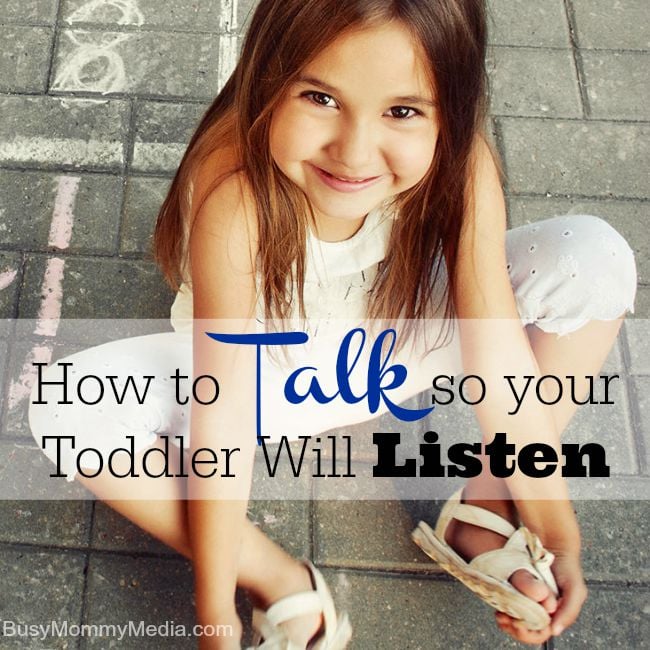
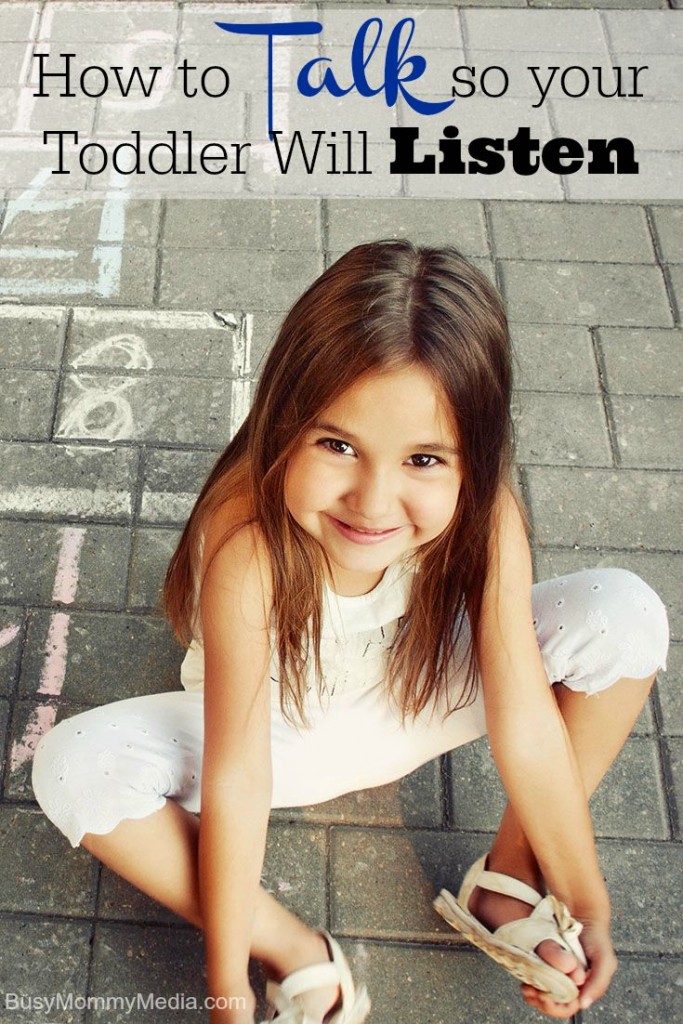
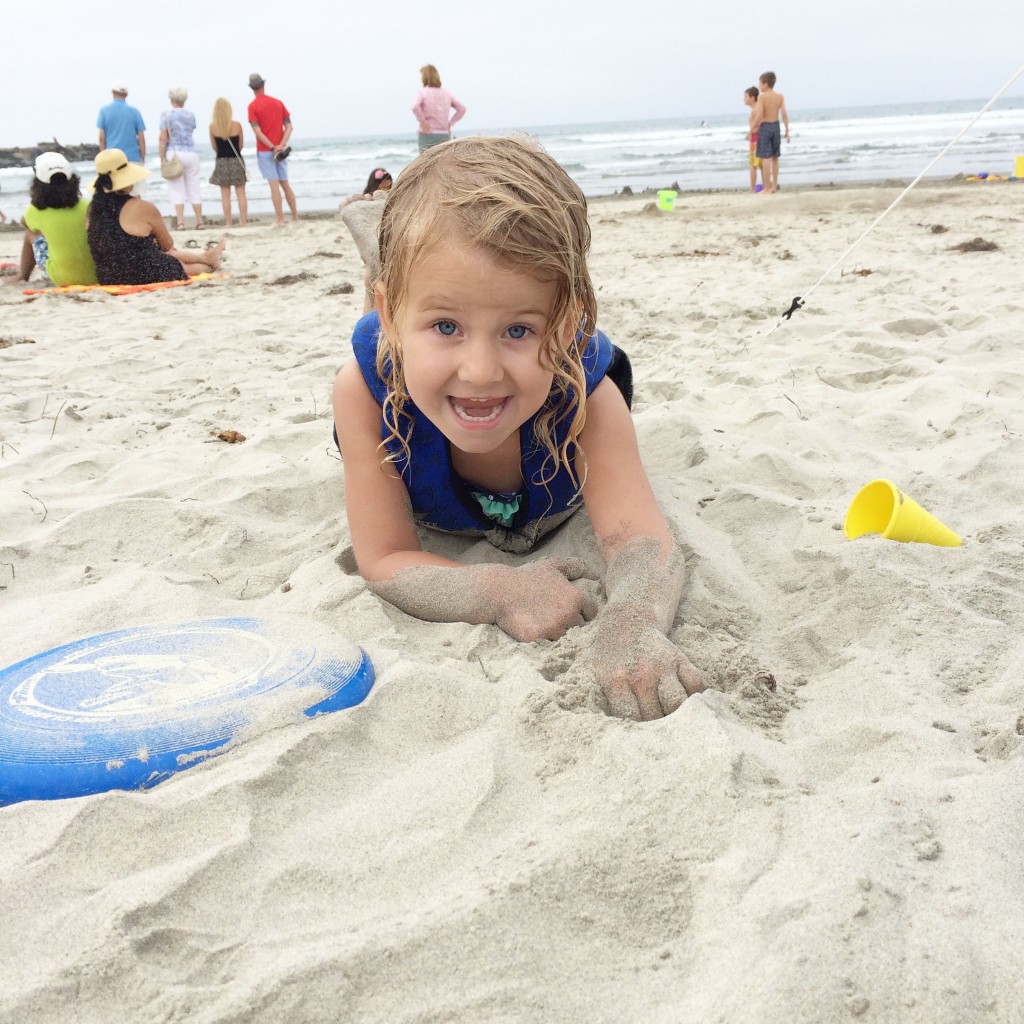
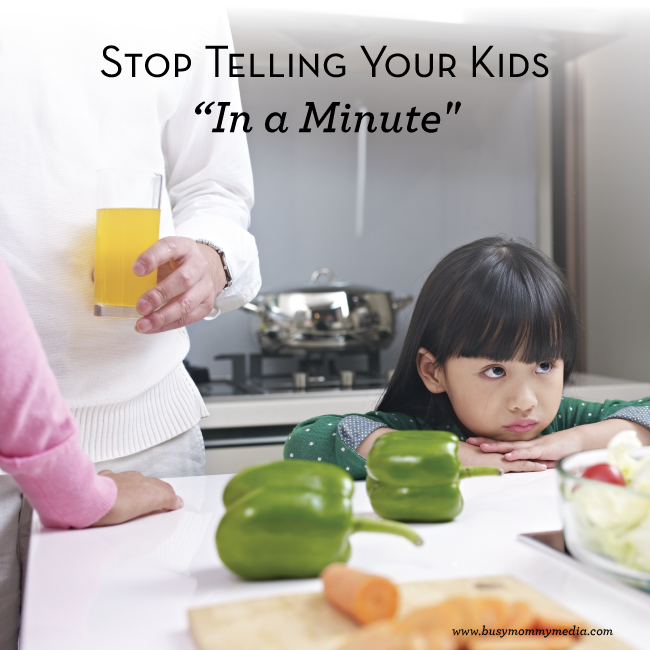
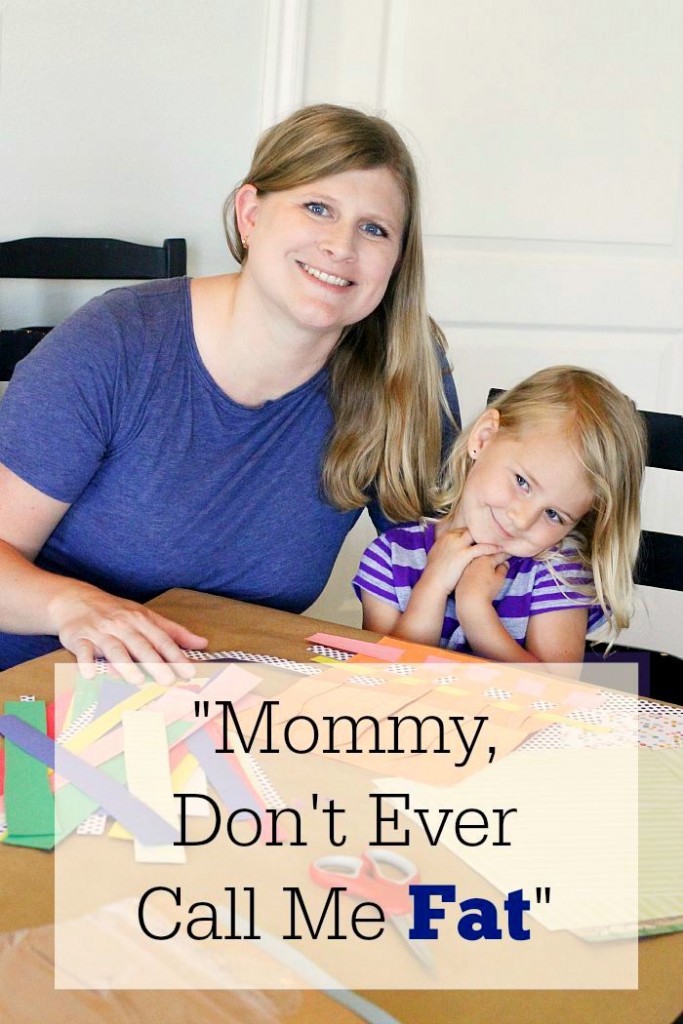
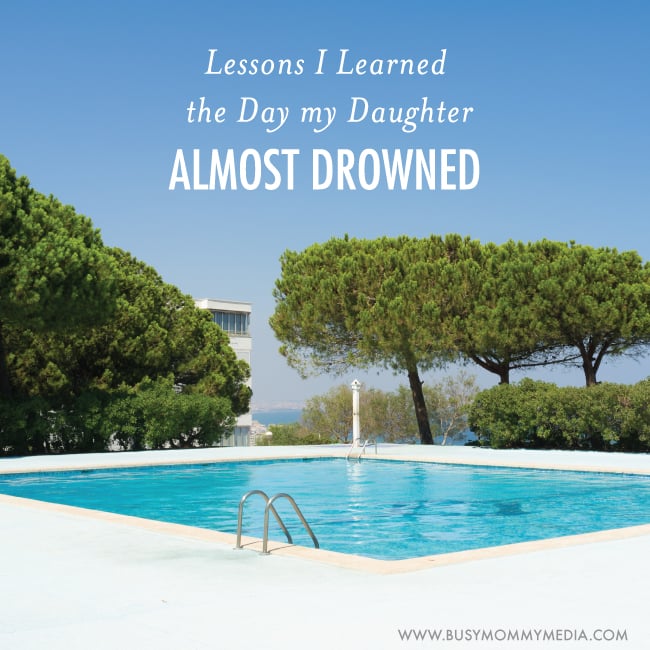
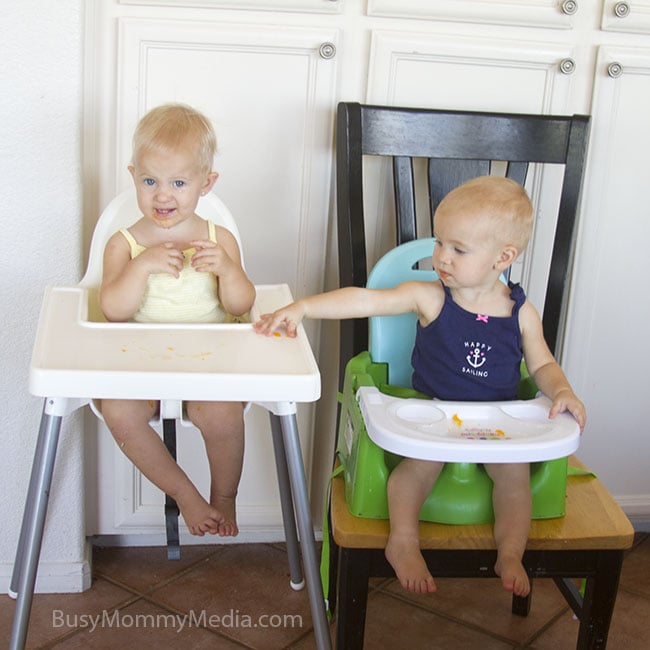
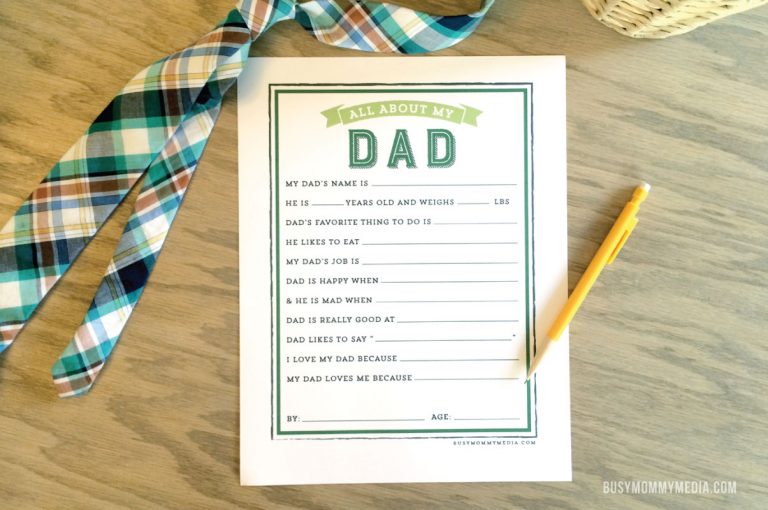
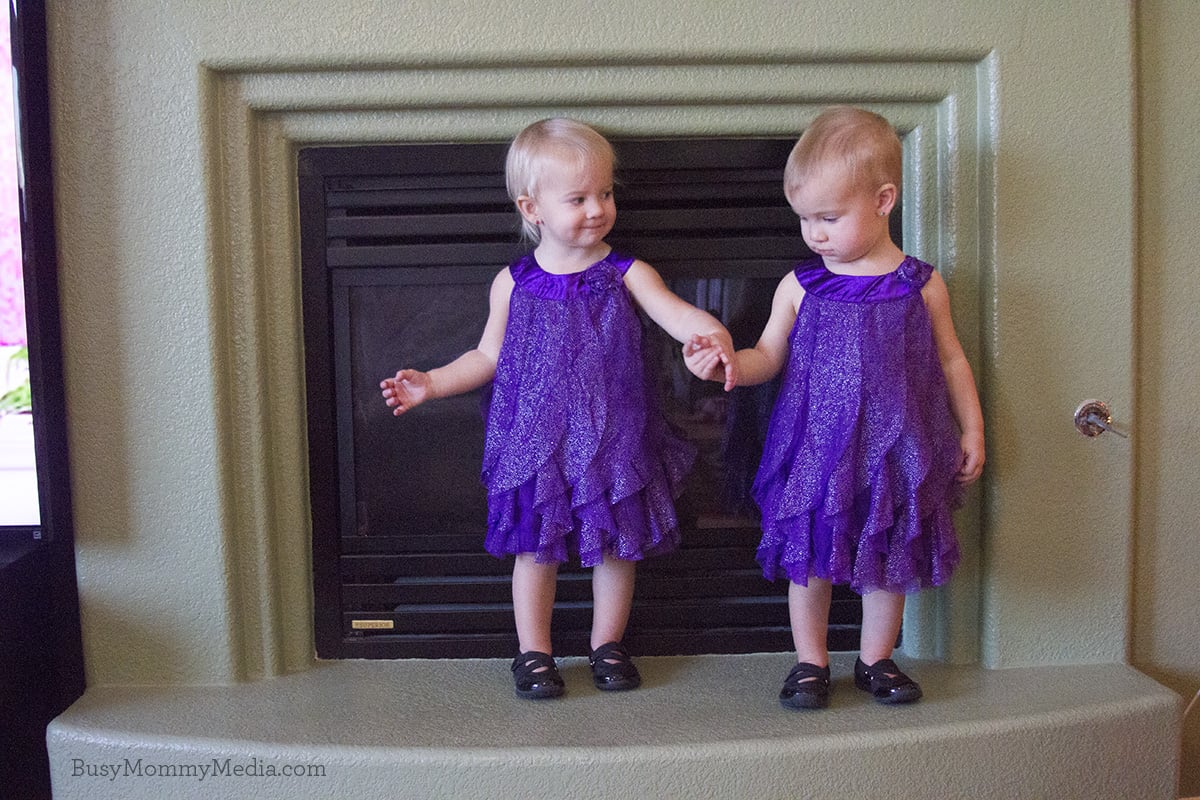
Great tips. I especially love the give choices. Parents don’t realize how important it is to give choices. The best trick is give the child 2 choices that you comfortable with, “WE can leave in 5 minutes or 10 minutes you choose”. Works likes a charm.
Yes! I get into bad habits….talking too much, raising my voice. You are soooo right about what works. I do find that if I give her too many choices, she gets choice-fatigue and loses it! And also thinks she gets to decide everything. There’s a balance here, but for the most part, I agree and am glad to have read this article during a week when I have gotten too focused on what I want to get done. It’s time to start paying more attention to my girl and getting down on her level! Thank you!